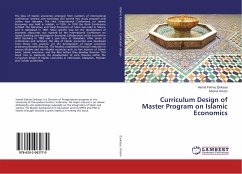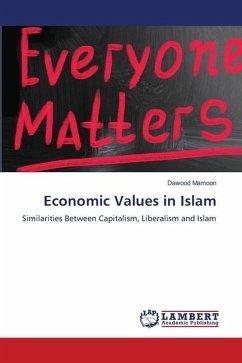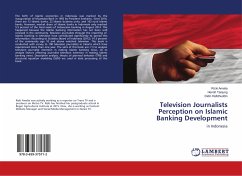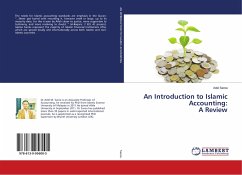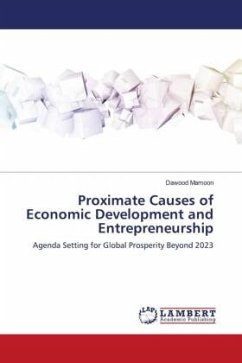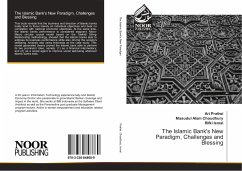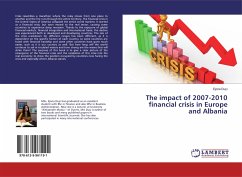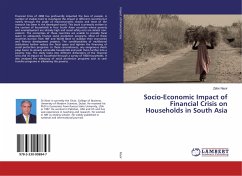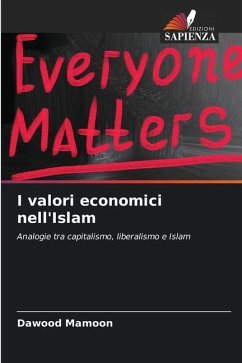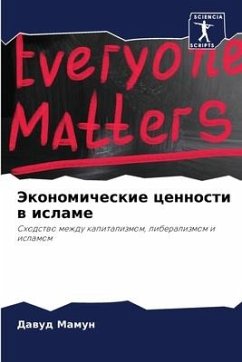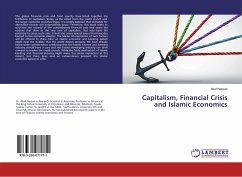
Capitalism, Financial Crisis and Islamic Economics
Versandkostenfrei!
Versandfertig in 6-10 Tagen
15,99 €
inkl. MwSt.

PAYBACK Punkte
8 °P sammeln!
The global financial crisis and food scarcity have tinted together the brittleness of capitalism. Today, as the effect from the credit crunch and the larger economic crunches linger, it is widely believed that demands for alternative choices will automatically grow. Therefore, this book seeks to scrutinise the cause(s) of the contemporary financial crisis and assess the notions that drive to the very core of capitalism, that may have the potential to cause such crisis. It shall also assess several issues that have also backed to the economic disaster. The Islamic interpretation of such factors...
The global financial crisis and food scarcity have tinted together the brittleness of capitalism. Today, as the effect from the credit crunch and the larger economic crunches linger, it is widely believed that demands for alternative choices will automatically grow. Therefore, this book seeks to scrutinise the cause(s) of the contemporary financial crisis and assess the notions that drive to the very core of capitalism, that may have the potential to cause such crisis. It shall also assess several issues that have also backed to the economic disaster. The Islamic interpretation of such factors will be offered to show how an Islamic economic and banking system might help the stability that the world desires seriously. We have already heard some commentators predicting that the Islamic finance and banking industry should have a cure and this fastest-developing industry can drive onward to resolve the credit crunch. While the fairly small extent of Islamic banking and financial industry might make this seems impractical at this instant, but there does exist an extraordinary prospect the Islamic economic system to offer.



